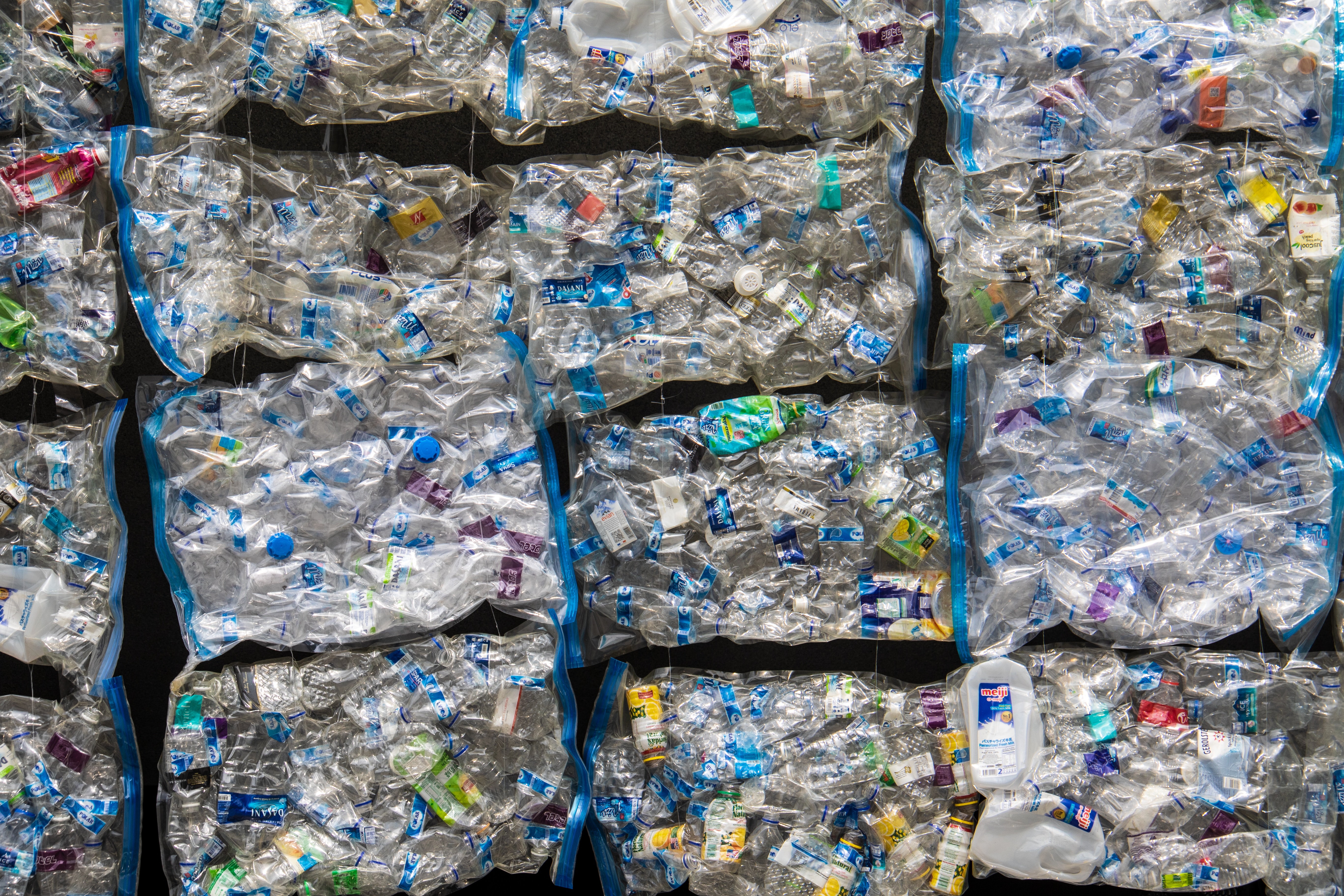The sustainability journey from strategic vision to operational results is often challenging.Our client needed to address their low levels of plastic waste recycling, both for sustainability goals and to ensure site readiness for an EHS&S audit. Previous effort hadn't made an impact - so they brought Avertim's change management experts onboard.
Here's how we approached it.
Improving Waste Management - Project Overview
Our client is a state-of-art production facility site for a global medical company, known for being leaders and pioneers in their field. Sustainability is crucial to them and there are are high standards to which this production site needs to comply- specifically the ISO-14001 industry standard.
Our client is facing an Environmental Health Safety & Sustainability (EHS&S) Assurance Audit, for which the production site needed to ensure readiness. They engaged Avertim for a project focused on the improving (plastic) waste management practices within their systems.
An earlier analysis had provided insight in plastic waste streams and the amount of these already recycled. This analysis showed potential for sustainability improvements: a significant percentage of recycled plastic waste. Avertim's sustainanility expertise was enlisted to support the transition from strategic vision into operational results.
A comprehensive evaluation identified various actions and gaps which required attention, particularly around enhancing waste segregation and adherence to operating procedures on-site.
The primary project objectives were to raise recycling rates and refine overall waste management procedures to align with both internal and external sustainability goals.
Identifying gaps, improving processes - Project context and objectives
Guided by their sustainability goals, our client wanted to create an impact by increasing recycling of non-hazardous and hazardous waste.
To ensure site readiness for the upcoming audit, they needed to identify gaps and improve their waste management processes. tasks in this project were related to and included:
- Operational Key Performance Indicators (KPIs)
- Sustainability guideline compliance and operational efficiency
- Procedural optimisation
- and Company wide support on waste handling.
Project tasks contributed to ensuring that the company is compliant with the ISO-14001 standard, which contains the internationally accepted standard requirements for an environmental management system. This system is used to develop an environmentally appropriate policy within the organisation to ensure its implementation.
A key objective was to heighten company and staff awareness and foster a sense of ownership regarding waste segregation. Company awareness was raised through an engaging interactive presentation at a company all-hands meeting.
The goal was to create a sense of urgency around this project and to increase the recycling percentage, contributing to the organisation's commitment to sustainable practices.
Sustainability and change management - Project methodology
The project focused on the implementation of change management strategies for on-site waste handling.
This involved review and evaluation through a gap analysis of audit findings conducted earlier. After this audit, Corrective and Preventive actions (CAPAs) were initiated and closed over time. An efficiency assessment was required to establish proper closure of CAPAs and to verify the resolution of the audit findings.
An external partner had conducted an analysis before this project was initiated, identifying recycling opportunities within the company. Actions had not been taken on the recommendations of this external partner. A discussion was initiated with the stakeholders to move forward with these recycling opportunities and to identify their possibilities.
Avertim's Role and Responsability
Avertim was responsible for the coordination of the Change Management initiatives to streamline and enhance the waste handling practices on site, as well as establishing and creating company-wide awareness campaigns regarding waste handling.
Our consultant was responsible for enhancing communication channels amongts the various stakeholders, and for implementing strategies to optimise internal communcation structures and enhance organisational coordination. They also organised supplier implementation of the new ways of waste segregation in the canteen and the production area.
Audit and future ready - the project result
The company was prepared and made ready for the upcoming audit.
1. No critical findings were identified regarding waste management, however there were some other issues address as required actions from the previous audit were not fully implemented.
2. The gap assessments led to the discovery of improperly closed CAPAs. Actions were either not implemented or inefficient. failling to address the prior audit findings. New CAPAs were initiated and presented during this project.
3. One objective was to heighten awareness and foster waste management ownership at the company. Waste management roles and responsabilities in different departments were communicated and agreed. The company's waste management procedure was updated to include these specific roles and responsabilities.
4. Following the all-hands presentation, several employees volunteered to contribute to the waste management project. "Waste coaches" were identified and given the goal of improving the segregation of canteen waste by helping employees engage in the correct disposal of their waste. External training will be given to certify these waste coaches.
The next steps is the correct execution of improvement plans to address these issues and the performance of an effectiveness check in the future, relating to people and change management . For example, after a procedure is updated then the training must be rolled out and the effectiveness of the procedure update can only be checked after the training.
Impacts and insights at this point
This change management project has yielded insights and corrective actions to enhance the waste segregation and recycling rate at our client.
Through a strategic and collaborative approach from the employees and managers, the project sucessfully navigated challenges and identified opportunities, resulting the planning of a more efficient and sustainable waste management framework.
Initial measures were initiated to enhance the company's waste management practices, successfully achieving deliverables.
- New methods of waste segregation were introduced and engaged on the shop floor.
- The waste management procedure was improved and made compliant with relevant industry standards
- Company awareness was created and a sense of ownership fostered
- Waste coaches were selected and will be trained
Further follow-up actions are essential to assess and secure the sustainability of these implemented measures. After few months in the new way of working, the client will assess the impact of these measures on the amount of waste that is segregated and recycled.
In the quest for sustainability, it is easy to become lost. Effective comunication is crucial at every stage of the change management process to ensure effective and useful actions. Involving key stakeholders early and often is vital, as well engaging employees, managers and other stakeholders from the outset to build support and gather divers perspectives.
Avertim's change management expertise has helped put our client on the best possible path and we look forward to seeing the difference it makes to their future.
Avertim started our sustainability journey in 2014. Having recently been awarded EcoVadis Gold certification, we continue to strive to fully integrate sustainability into our operations and to share our experience and expertise with our clients.
Want to explore what works ? Get in touch to discuss your sustainability journey.


